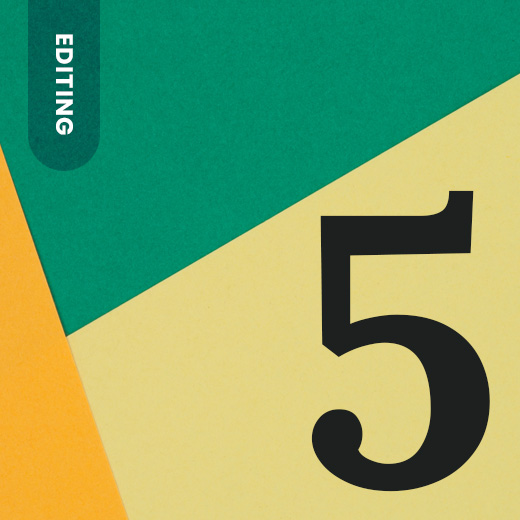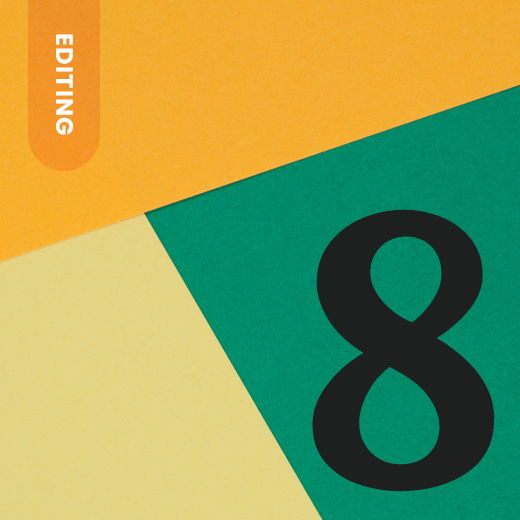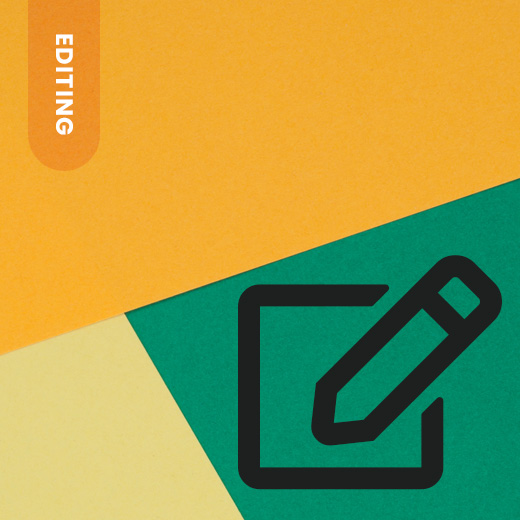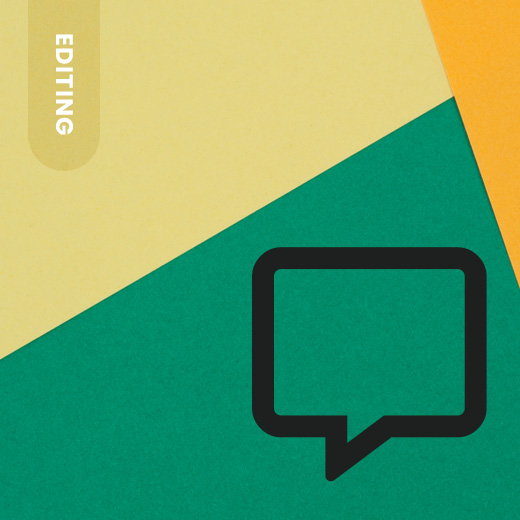7 Common Self-Editing Mistakes Every Author Should Avoid
Self-editing your work seems straightforward. After all, it’s your work. So how hard can it be? However, many first-time writers quickly discover that revising their words is much more complicated than they thought. You’re too close to the material to see the errors or weaknesses.
1. Editing as you Write
Writing and editing are two different processes that require different mindsets. Writing is creative, where you get lost in your story, develop characters, and move the plot forward. Editing is analytical, where you step back and look at your work objectively.
Trying to edit as you write will stifle your creativity and disrupt the flow of your story. You’ll find yourself bogged down by trying to fix small things instead of letting the story unfold naturally. To avoid this, write freely during the drafting phase. Save the editing for later when you can look at the manuscript critically.
2. Editing Everything at Once
Another mistake is to treat editing as one step rather than a series of phases. Editing is a multilayered process that involves different stages, each with its own focus.
- Developmental Editing: This stage involves examining the manuscript as a whole, and evaluating the plot, character development, pacing, and structure.
- Line Editing: Here, you focus on the writing craft—word choice, sentence structure, and narrative flow.
- Copyediting: This stage is where you fine-tune grammar, syntax, punctuation, and other technical details.
- Proofreading: This is the final stage, during which you check for any remaining typos, formatting errors, or inconsistencies.
Trying to tackle all of these at once is overwhelming and ineffective. Instead, tackle each stage separately and focus on one aspect of the manuscript at a time.
3. Relying Too Much on Editing Software
While editing software like Grammarly and ProWritingAid are valuable tools, relying too much on them is a mistake. These programs are suitable for catching basic errors and improving your writing on a surface level, but they can’t replace the subtlety of a human editor.
Editing software may miss contextual errors or not pick up on deeper issues with plot, character consistency, or tone. Use these tools as a supplement to your editing process not a replacement. Always take the time to manually review your work and consider the bigger picture that software might miss.
4. Not Seeing Your Writing Quirks
Every writer has habits or tics that can undermine their writing. Whether it’s overusing adverbs, using filler words, or crafting long, complicated sentences, these are hard to spot in your own work.
Readers will notice these repetitive mistakes. They’ll pick up on characters using the exact phrase over and over or inconsistencies in the story that break the immersion. To catch these, consider getting feedback from others or using a checklist of your known weaknesses during the editing process.
Consider having a freelance editor review a part of your manuscript. This will give you valuable insight into the types of mistakes you often make, and you can address them throughout the rest of the manuscript.
5. Not Cutting the Fat
Just because you wrote it doesn’t mean it has to stay in the book. One key part of editing is removing unnecessary content that doesn’t serve the story or the purpose of the book.
Ask yourself if each word, sentence, paragraph, and chapter is necessary for the narrative. Is it adding value, moving the plot forward, or developing the characters? If not, it’s time to cut it. Learning to “kill your darlings” is hard but necessary for a focused and compelling book that will keep readers engaged.
6. Jumping into the Editing Process Too Fast
One of the most essential parts of self-editing is seeing your manuscript objectively. This is hard when you’re too close to the material. To create some distance, take a break between finishing your draft and starting the editing process.
Put your manuscript aside for a few weeks or even months and work on something else. When you return to it, you’ll be able to see it with fresh eyes and spot weaknesses and areas for improvement.
If you can’t take a break, consider sharing your manuscript with others and getting feedback before you start editing. This feedback will give you extra perspectives and help you approach the editing process better.
7. Avoiding Feedback from Others
One of the main reasons writers self-edit is to avoid criticism. It’s scary to share your work with others, mainly when you’re worried about negative feedback. However, constructive criticism is essential for improving your manuscript.
Feedback from objective critique partners—whether friends, fellow writers, or professional editors—will help you spot the areas of your manuscript that need work. While self-editing is an important skill, it’s also important to know when you need outside eyes.
After you’ve done your best to self-edit, consider passing your manuscript on to others for feedback. This will improve your work and help you grow as a writer with each new project.
So be aware of these self-editing mistakes, and you’ll make your book as good as it can be. Self-editing is a skill that takes time to learn, but with practice, you can learn to edit your own work.
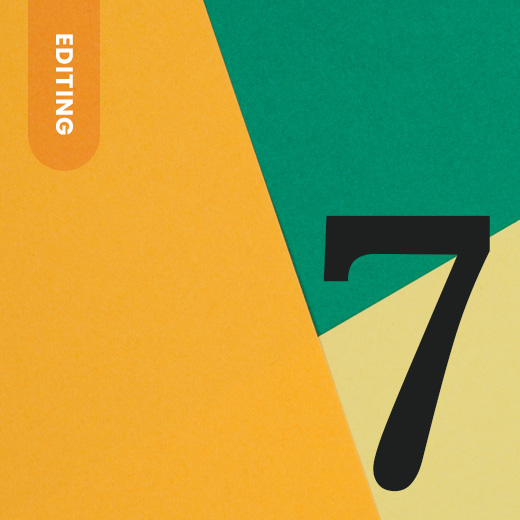
Don't let your manuscript sit idle
start your publishing journey now!
Get matched with a self-publishing company specifically chosen for you and the book you are publishing.
Don’t let your manuscript sit idle – start your publishing journey now!

